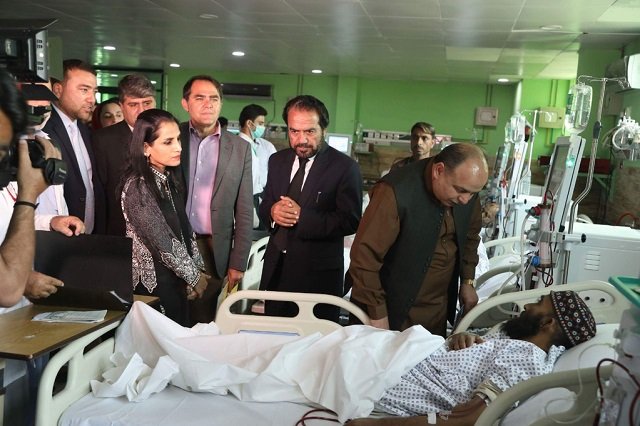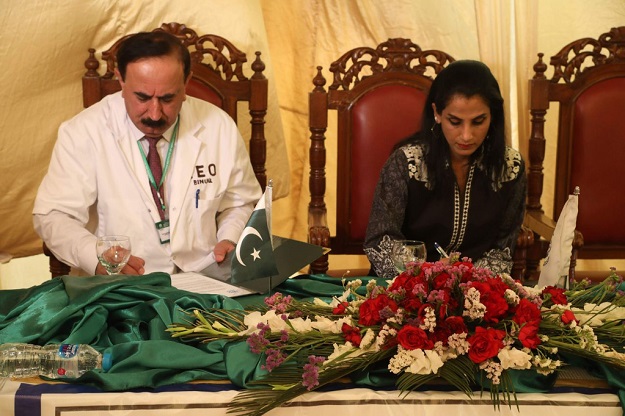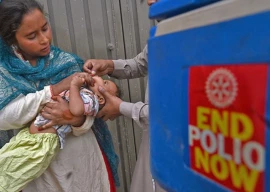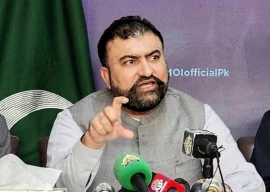
Balochistan's health department and Balochistan Institute of Nephro-Urology Quetta joined hands to launch the initiative.
The United Nations High Commissioner for Refugees (UNHCR) will cater to the needs of 14,000 patients with renal diseases every year.
Civil Hospital, Quetta: Lack of facilities paint dismal picture of health sector
The project has been implemented under the Refugee Affected and Hosting Areas (RAHA) initiative – a platform to improve access to quality services for both Afghan refugees and their host communities.
Under the agreement, the provincial government has provided dialysis machines and trained staff.
The UNHCR is constructing a building to house the dialysis unit as well as installing an elevator.

Moreover, a centralised oxygen and air-conditioner systems are being installed in addition to housing 15 hospital beds.
The facility currently treats 60 patients suffering from renal diseases every day.
With the new dialysis unit, an average of 45 additional patients who require haemodialysis will be treated free-of-cost each day.
Healthcare: Poor state of Quetta hospital irks SC
It currently costs Rs6,000 per patient for a session. All chronic patients need dialysis between two- to three-times a week.
“Upgrading this facility [the Balochistan Institute of Nephro-Urology] will enable the host community and Afghan refugees to have access to modern health facilities," UNHCR representative for Pakistan Ruvendrini Menikdiwela said.
We have helped implement a project that improves the quality of people’s lives,” she added.
The ceremony was attended by Balochistan High Court Chief Justice Mir Muhammad Noor Meskanzai, Provincial Health Secretary Saleh Muhammad Nasir and Balochistan Institute of Nephro-Urology Quetta CEO Karim Zarkoon.


1725443747-0/Untitled-design-(5)1725443747-0-165x106.webp)














COMMENTS
Comments are moderated and generally will be posted if they are on-topic and not abusive.
For more information, please see our Comments FAQ